594 tulosta löytyi
Skip results of view Uutiset
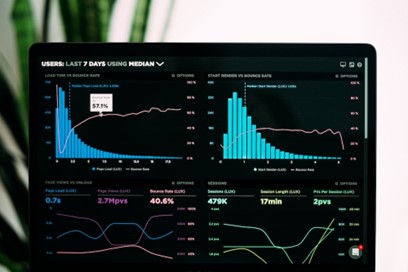
(Open) data and analytics in sports is becoming increasingly popular across the European Union. The rise of technology and access to data has led to a greater ability to drive performance, decision making and engagement in the world of sports. For example, to determine the value of athletes, track their progress, or enhance their health and safety. Therefore, data analytics can support decision making to improve competitiveness. In recent years, data has been used within several sports. For instance, football teams and organizations, are leveraging data analytics to optimize player performance
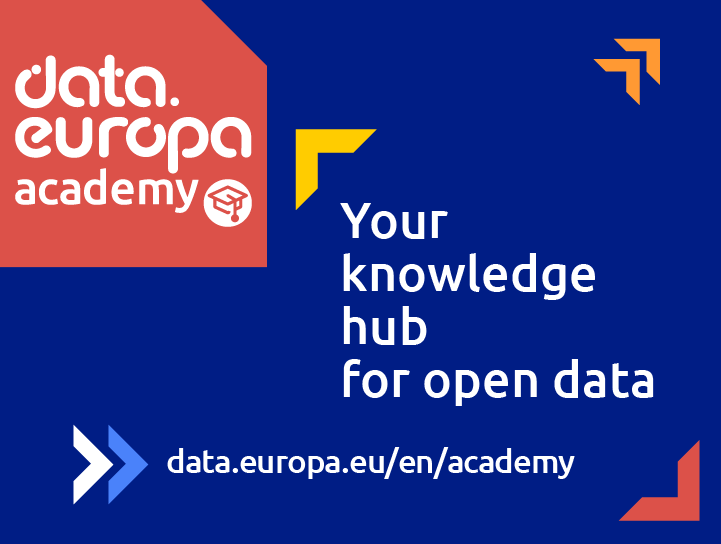
The open data landscape has been continuously evolving since the first Public Sector Information Directive was published in 2003. Since then, and considering the continuously evolving data landscape across Europe, materials such as e-learning modules, research reports, webinars, and tools were created to enhance understanding of various open data topics. These include both technical aspects (e.g., real-time data, linked data and DCAT-AP), as well as legal policies (e.g., competition law, licensing, and the sharing of non-personal data) data visualisation, and open data best practices, for

International Day of Women and Girls in Science (IDWGIS) is celebrated annually on 11 February to encourage gender equality and empower women in all levels of Science, Technology, Engineering and Mathematics (STEM) disciplines. This year, the focus is on the role of women and girls in the purview of Sustainable Development Goals (SDGs) . A major challenge for women and girls in STEM is the gender gap. According to the latest research by PricewaterhouseCoopers (PwC), UK , only 16% of female respondents have had a career in technology recommended to them, compared to 33% of males. Similarly
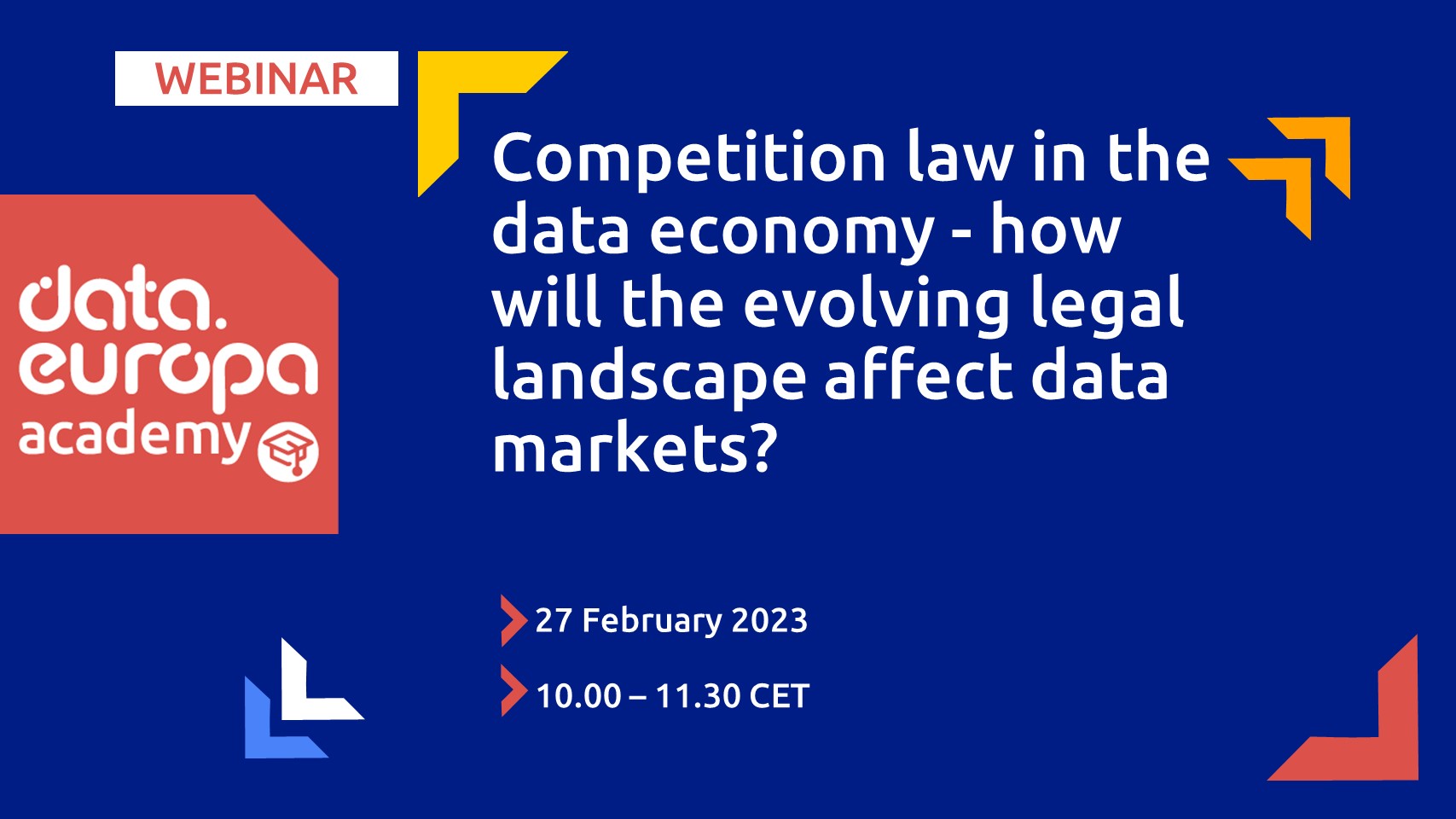
On 27 January 2023, a webinar on competition law in the data economy was conducted by data.europa academy to discuss how the evolving legal landscape would affect data markets. In the webinar, the ongoing discussions and evolutions around competitive and anti-competitive data sharing practices were presented. The webinar compared and contrasted the competition law against innovations of the proposed Data Act , which seeks to harmonize rules for fair access and use of data. The webinar began with a short presentation on the relevance of competition law to the data economy, followed by a view

The Digital Public Administration (DPA) Factsheet is an annual report published by the European Commission. It provides detailed information on how digitalisation is improving the delivery of government services and enhancing citizen engagement in the decision-making processes across European countries. The annual factsheet, first published in 2014, highlights the progress made by EU nations in e-governance and digital transformation of government agencies over the year. The DPA Factsheet 2022 gives an up-to-date account of the great improvements nations have made over the year. For instance
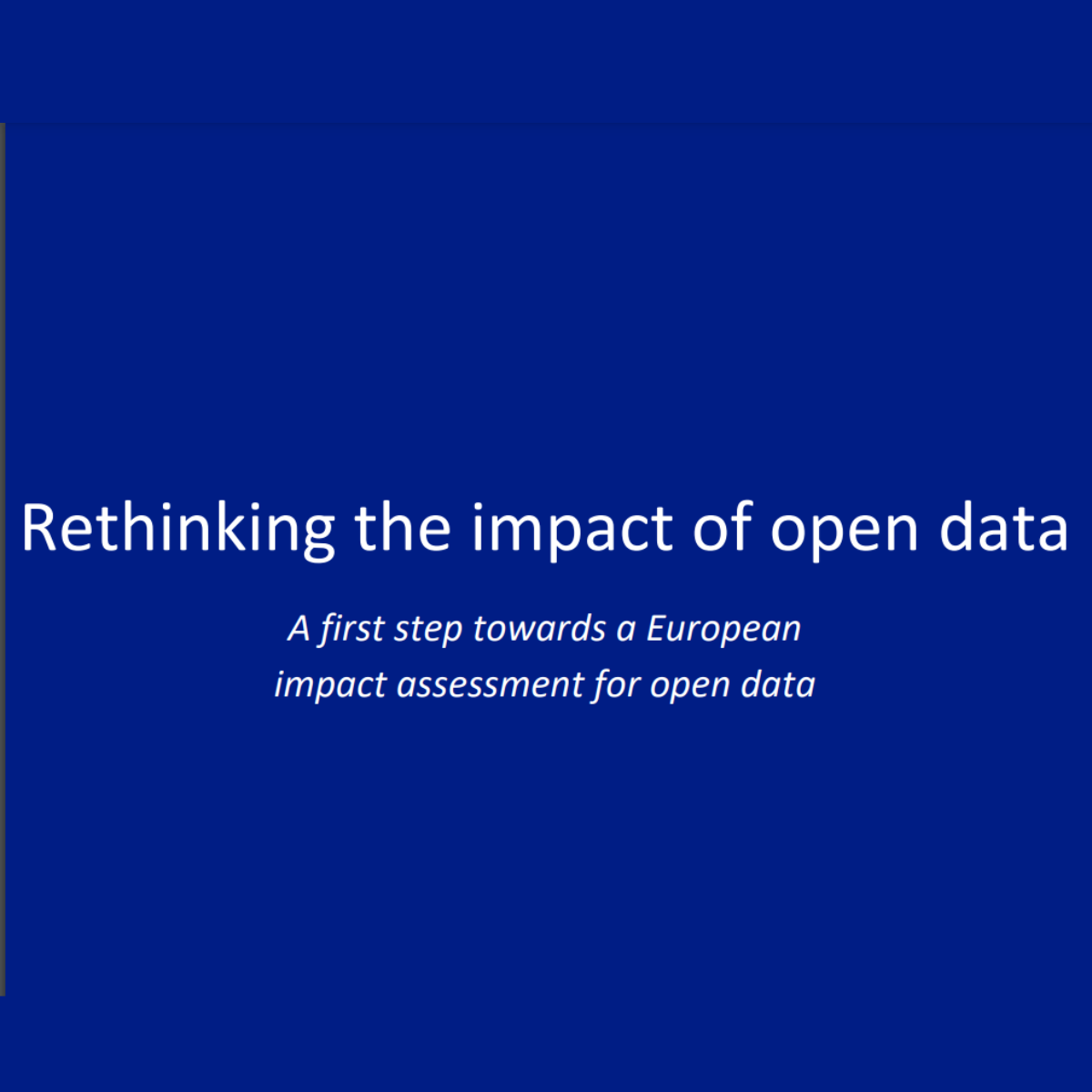
The recent publication by data.europa.eu, Rethinking the impact of open data , is the first step in the process of defining the methodology for a pan-European study on the impact of open data. The report, first in a series of four, provides an overview of the existing literature on the impact of open data, focusing on the use of open data portals, intermediaries and automated tools. Given the extent of open data availability, impact assessments often have a narrowly defined scope or explore the impact of existing open data frameworks, such as the Open Data Maturity (ODM) and Open Data

The EU continues to promote open data policies by making more Public Sector Information (PSI) available for public use. As a part of its current initiative, high-value datasets from a pre-defined list would be openly available to facilitate new information products, especially in Artificial Intelligence (AI). You can consult the high-value datasets implementing regulation and its annex published on the 21st of December here. The EU’s public sector is heavily data-intensive, with open public data or PSI playing a significant role in the EU data economy. Allowing openly accessible data to be
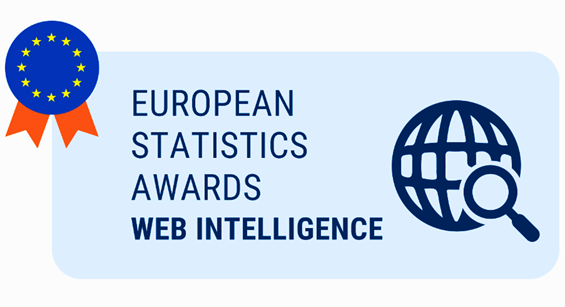
Eurostat has launched the European Statistics Awards Programme to foster engagement with the innovation community. Additionally, competitions in the fields of Nowcasting and Web Intelligence are also launched to identify promising methodologies that could improve the production of European statistics. The first European Statistics Award for Web Intelligence is a Deduplication Challenge, which was launched in December 2022. The focus of the challenge is to identify potential duplicate Online Job Advertisements (OJA) on websites. By addressing a real-world situation, this challenge aims to
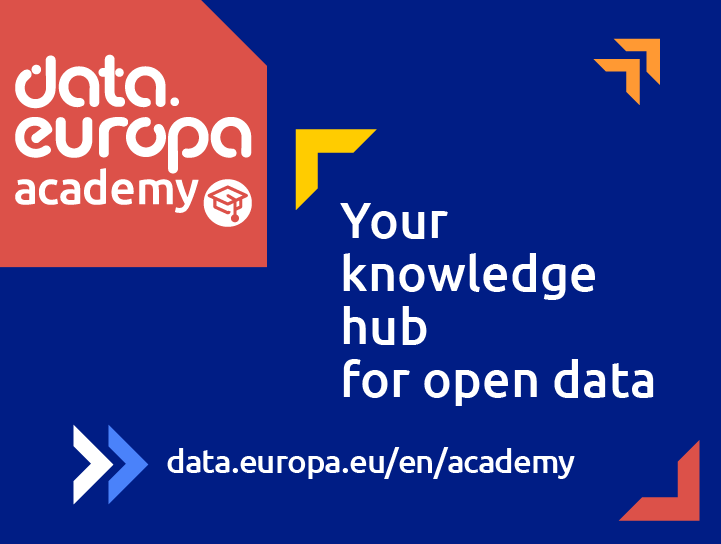
On Friday 20 January 2023, the webinar ‘ From theory to action: automatic data publishing ’ was hosted by data.europa academy . This webinar was the fifth of a series of six trainings organised by data.europa academy to support data providers in the data publishing process . This webinar focused on automatic data publishing and was presided over by Simon Dutkowski and Torben Jastrow from Fraunhofer FOKUS and Bart Hanssens , Interoperability expert, Interoperable Europe . Open data enthusiasts and representatives of various EU institutions and European national public administrations
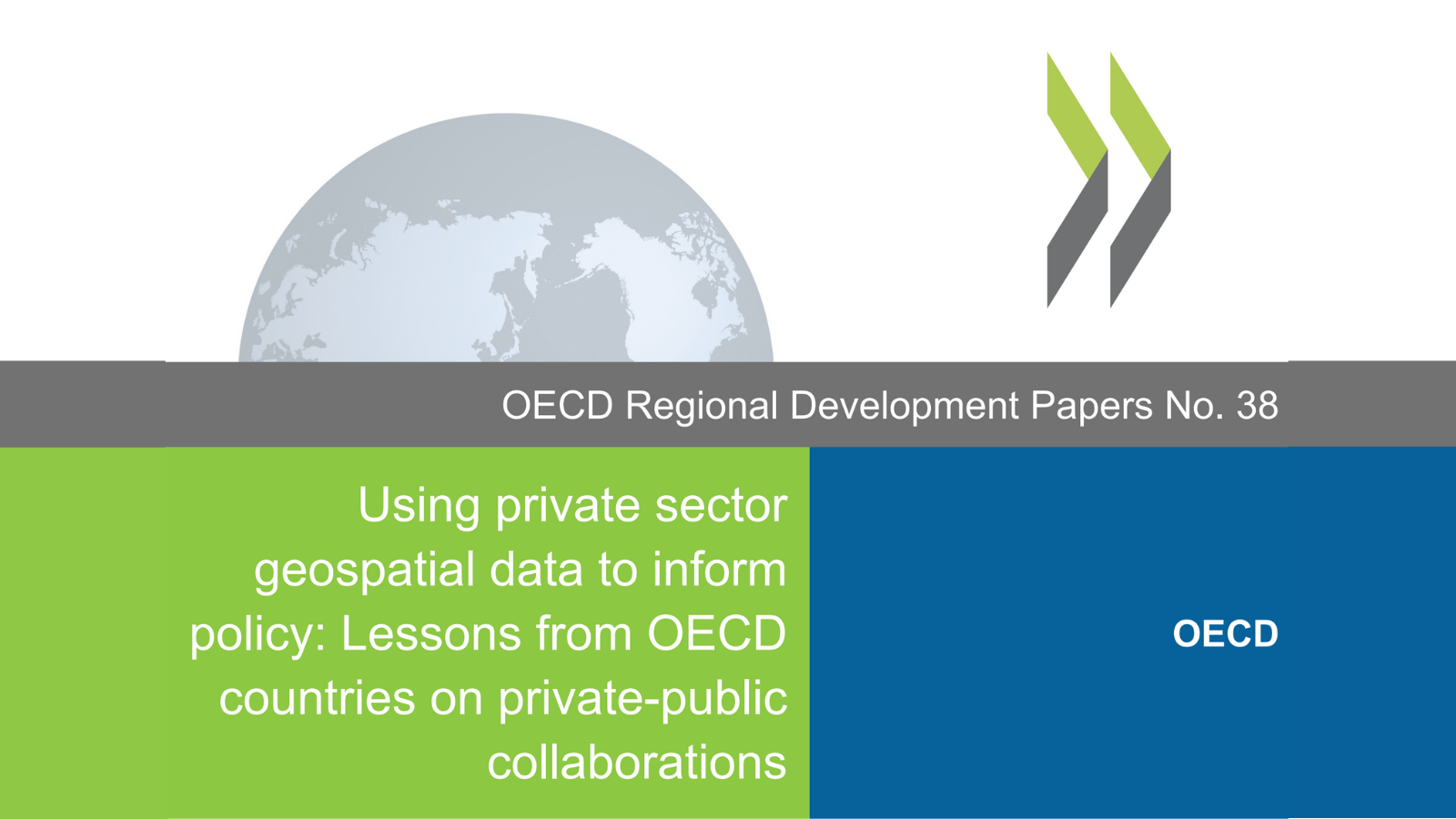
The Organisation for Economic Co-operation and Development (OECD) recently published its 38th Regional Development paper on governance and economics at urban and rural levels. The paper mentions the lessons from OECD countries on private-public collaboration using geospatial data and highlights the potential of combining traditional and unconventional data from both sources to facilitate cooperation between data providers and organisations responsible for public policy. One of the key findings of the paper is that the private geospatial data is frequently unavailable due to privacy concerns
